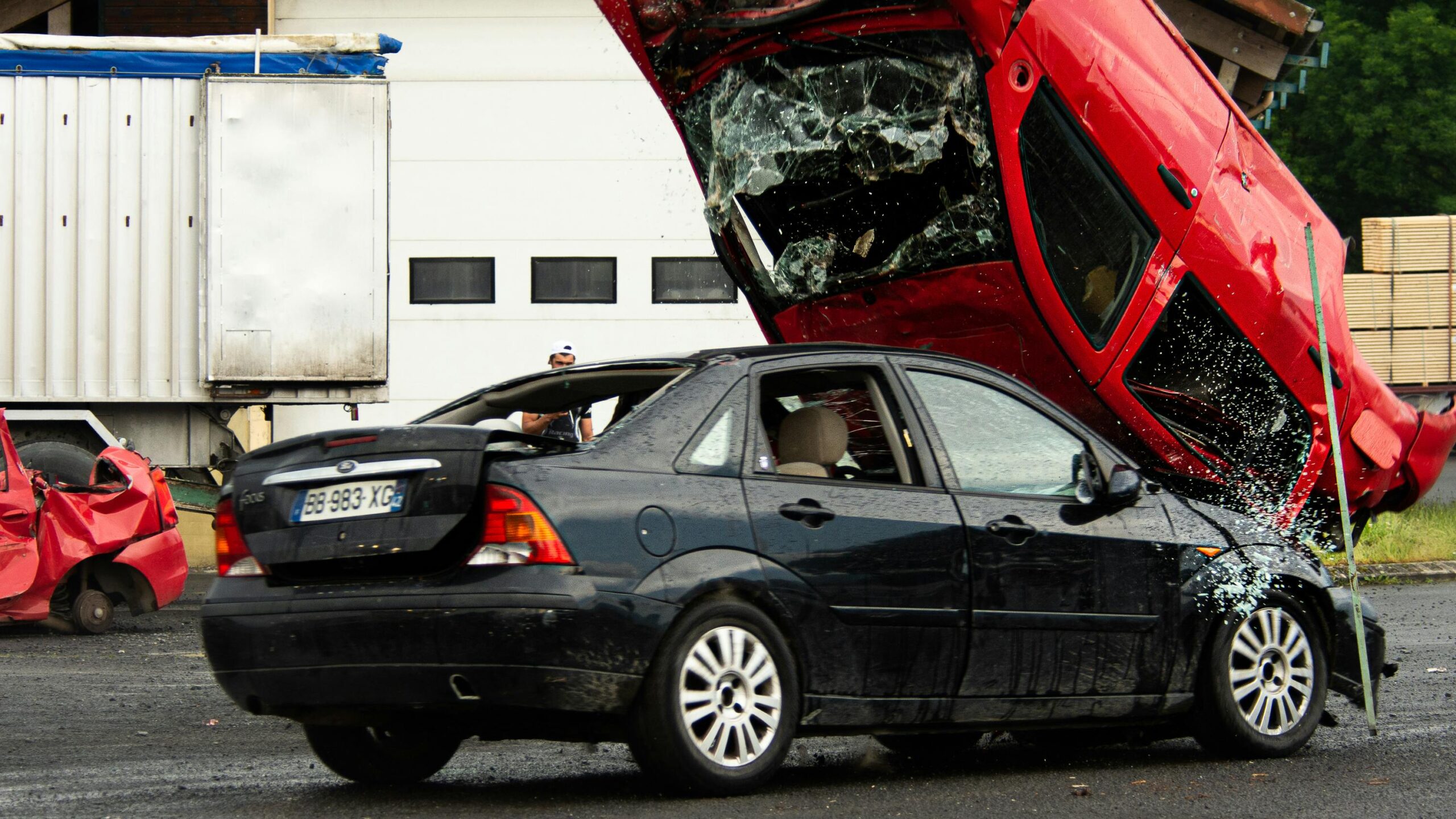
Being involved in a motor vehicle accident (MVA) can significantly change your life. Recovery takes time, patience, and support, whether the injuries are physical, emotional, or both. Knowing what to expect during this journey can help you navigate it more confidently and effectively.
1. Assessing Injuries and Safety
After an MVA, the most important step is immediate medical care. Any fractures or head trauma will be obvious. However, internal wounds, like soft tissue injuries or internal bruising, may not present until days later. It’s crucial to get medical attention even if you feel okay: Your body may be in shock.
2. Medical Treatment and Rehabilitation
Depending on your injuries, you may need:
- Surgery
- Physical therapy
- Chiropractic care
- Occupational therapy
- Mental health support
Recovery isn’t always straightforward. Setbacks happen, and progress can be slow. Keep in mind that ups and downs will occur. Celebrate the small wins and be patient with yourself. The key is to keep the overall trend of the ups and downs heading upward.
3. Psychological Treatment and Recovery
Many MVA survivors experience psychological difficulties like anxiety, depression, or PTSD. You may experience regular flashbacks. You might struggle with daily activities like work, house chores, and even socializing. And of course, you might feel scared driving or riding in vehicles. You might feel scared just being near vehicles. You might even feel scared crossing the street. Psychotherapy, in particular cognitive behaviour therapy and its exposure component, can help you work through these emotional difficulties.
4. Legal and Insurance Matters
In addition to the physical and emotional difficulties that follow after suffering an MVA, there are surrounding issues: navigating insurance claims, medical bills, and potential legal action. Consider working with a lawyer. Document all relevant details, from symptoms to treatments to lost income.
5. Returning to Normal Life
Returning to vehicles, work/school, or even socializing may take time. Try to enjoy your support system of friends and family, communicate concerns with your employer or school, and listen to your body. Patience and fair expectations are helpful approaches to the healing process.
6. Long-Term Recovery and Acceptance
You won’t necessarily recover to exactly your pre-MVA state. Healing often means accepting a new normal. Some people develop chronic pain or mobility issues, for example. Others might never feel perfectly comfortable in a vehicle again. But others might develop a sense of resilience and pride as a result of their recovery, however it goes.
Try not to rush it. Healing takes time. Be kind to yourself and good luck.





